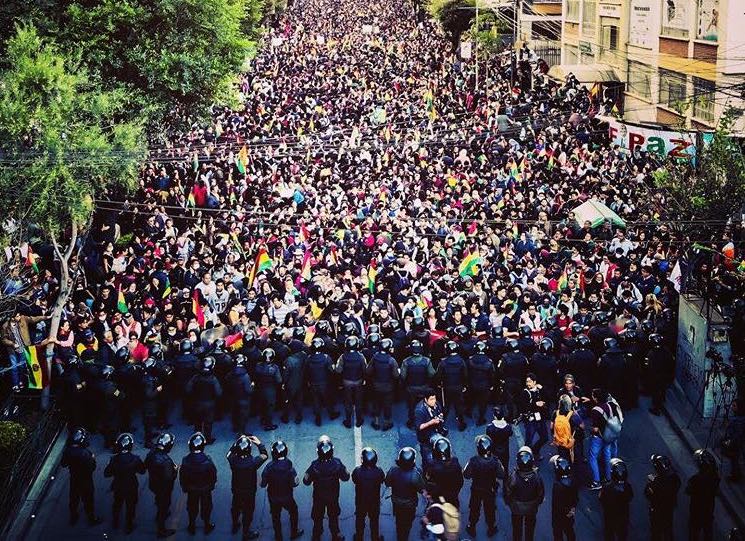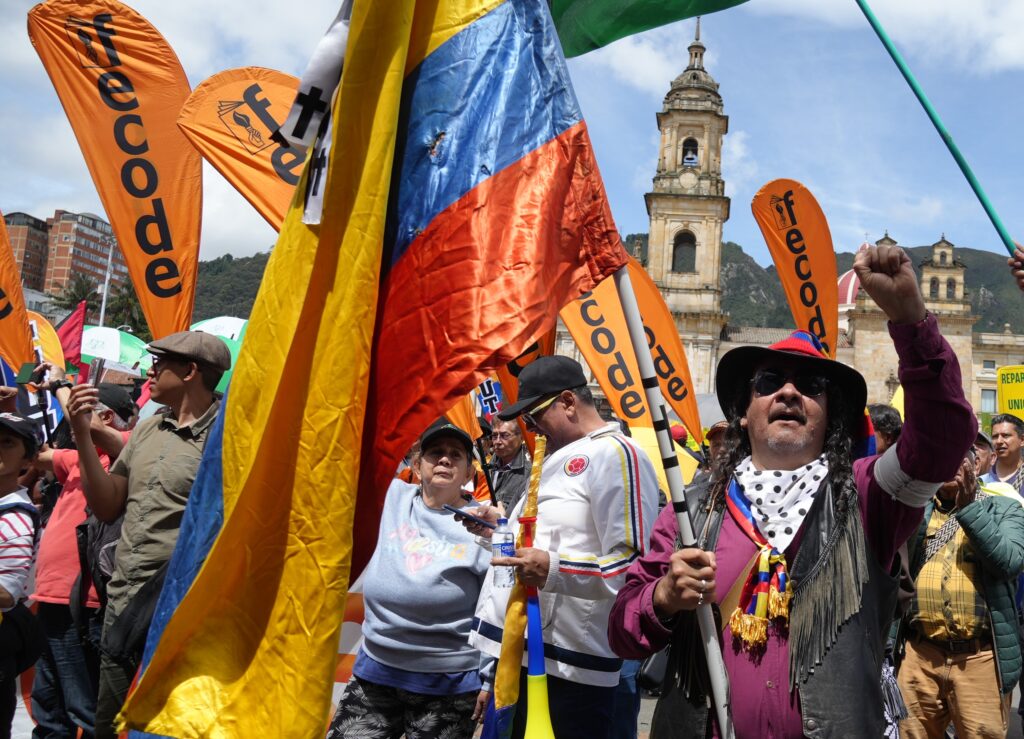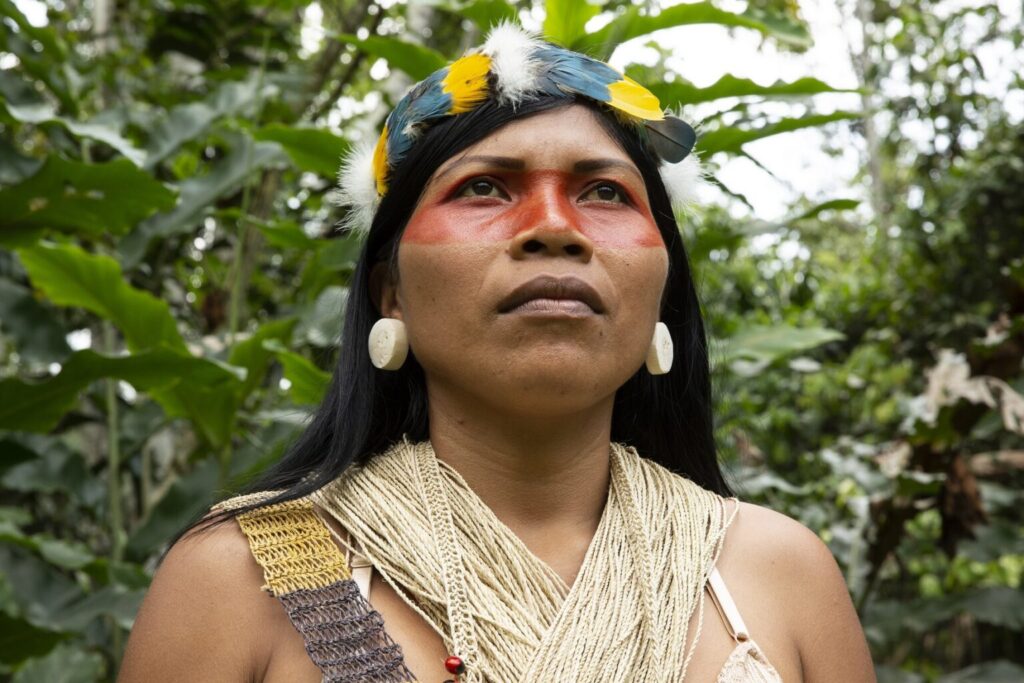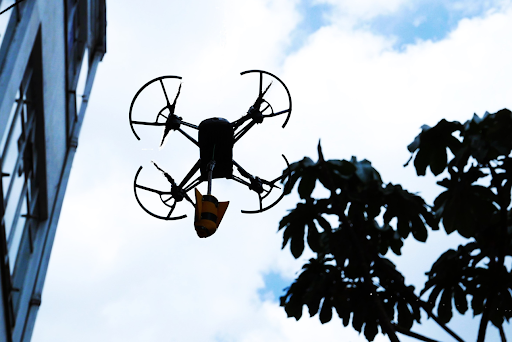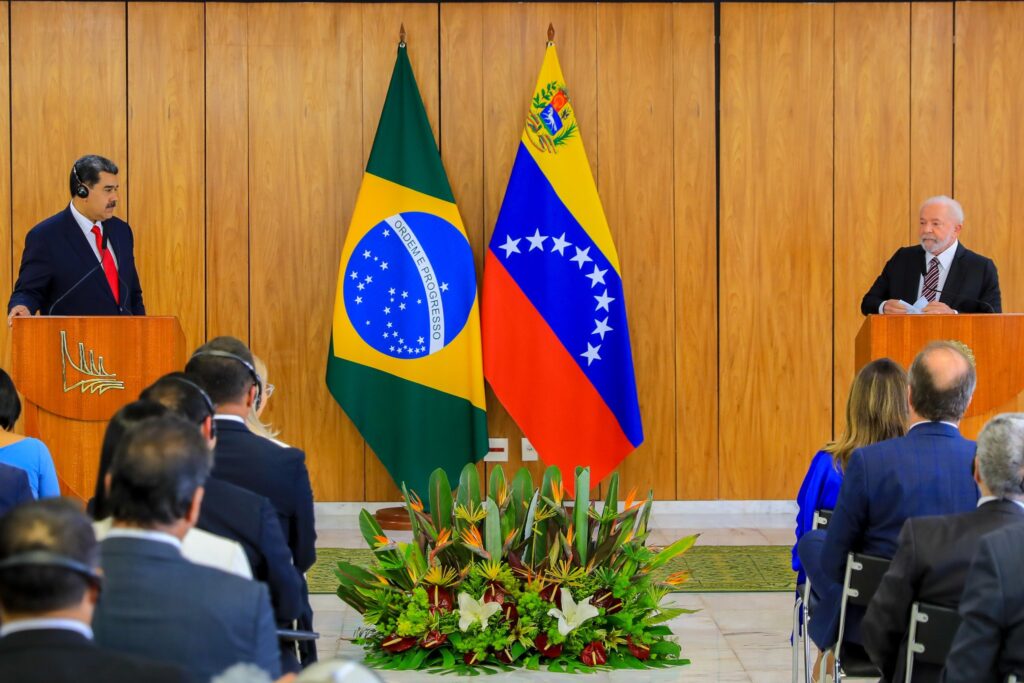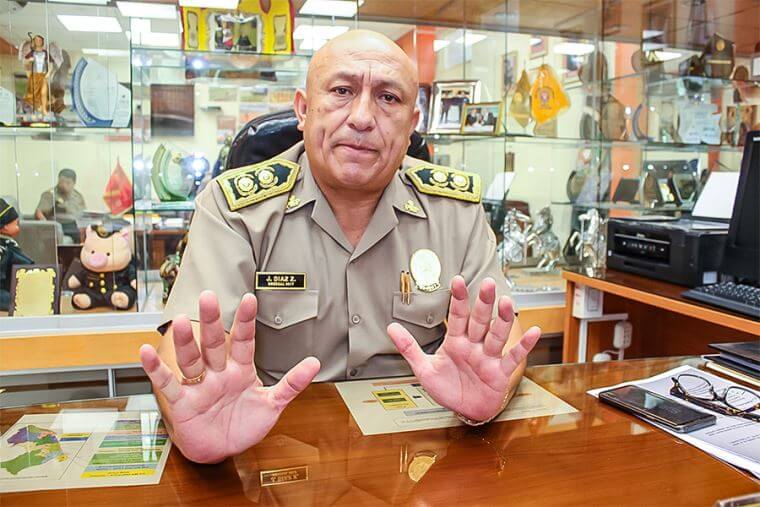Over the last two weeks, voters in Bolivia, Uruguay and Argentina have been to the polls to vote for their respective new presidents. With one outright win, one second round vote, and one election tainted by accusations of fraud, we bring you an update on each situation.
Argentina
Elections took place on Sunday, October 27, and after 97 percent of votes were counted, center-left Alberto Fernández had already received more than 45 percent of the votes he needed for an outright win. His controversial decision to nominate former President Cristina Kirchner to be his vice-president united moderate and left-wing voters, but his lead over current president Mauricio Macri was only around six points, much smaller than polls had predicted.
He now has to deal with a country deep in economic recession, a 10 percent unemployment rate, 35 percent of its citizens living below the poverty line, and inflation expected to hit 55 percent by the end of the year, according to reports by Al Jazeera. Fernández will have to make difficult decisions to cut public spending while trying to retain his support base.
Read more: Economy to take center stage for voters in Argentina’s upcoming elections
The new president will officially take office on December 10, and has already met with current president Mauricio Macri to ensure a smooth transitional period.
Uruguay
Uruguay’s presidential elections, which were held on the same day as Argentina’s, resulted in a run-off between between Daniel Martínez of the center-left Frente Amplio, who received 39.2 percent of the vote, and Luis Lacalle Pou of the center-right Partido Nacional, who received 28.6 percent. In Uruguay, a candidate needs at least 50 percent of the votes to avoid going to a second round.
According to the BBC, Pou spoke on Sunday evening of forming coalitions to create a “multicolored” government, and already has the support of several political parties, including the Partido Colorado, which took third place.
Martínez will also be looking to form coalitions, but Frente Amplio has been in power for nearly two decades, and many voters are looking for a change as Uruguay’s levels of unemployment and insecurity rise.
Read more: Voters in Uruguay dissatisfied with political status quo
The run-off vote will be on November 24, when voters will decide whether to stay with the current ruling party or take an ideological step to the right.
Bolivia
Bolivia’s elections on Sunday, October 20 sparked nationwide protests after current President Evo Morales declared himself the outright winner, claiming to have a 10-point lead over rival Carlos Mesa. The Supreme Electoral Tribunal stopped releasing preliminary results for nearly 24 hours on the day of the vote, inciting allegations of electoral fraud
Subsequent protests caused Morales to declare a state of emergency, and police repression of the demonstrations has been harsh. Pamela Gonzales, a 24-year-old from La Paz, told Latin America Reports that a policeman hit her with a truncheon while she was walking home. Over a week later, as protests continue and pro-Morales and anti-government groups clash in the streets, Mesa has called for a nationwide strike.
Read more: Bolivia’s 2019 presidential election according to voters
In response to electoral fraud allegations, Al Jazeera reported that the Bolivian government will allow the Organization of American States (OAS) to audit the elections. Morales said that if the audit indicated any evidence of fraud then he would call for a run-off against Mesa.
The deal with the OAS is still under negotiation, but if approved, it should begin this week. The Brazilian government — one of Bolivia’s major trade partners — said that it would not recognize left-wing Morales’ victory until an audit is completed.


